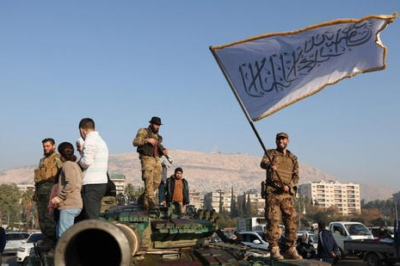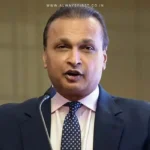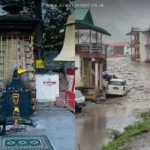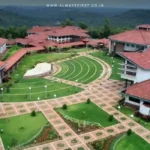
- Syrian Prime Minister Mohammed Ghazi Jalali claims most cabinet ministers continue working from Damascus despite ex-president Bashar al-Assad seeking asylum in Russia.
- Government officials brace for a transitional period amidst a new reality shaped by armed rebels, led by Hayat Tahrir al-Sham (HTS).
- Rebels promise representative governance and religious tolerance, attempting to reassure citizens of a better future.
What happens next in Syria?
With Bashar al-Assad’s sudden departure, Syria finds itself at a critical turning point. Prime Minister Mohammed Ghazi Jalali’s statement suggests efforts to maintain stability during this transition. However, the challenges are immense. Jalali emphasized coordination with insurgents and even expressed readiness to meet rebel leader Ahmad al-Sharaa. Meanwhile, Judge Khitam Haddada’s pledge to rebuild Syria’s justice system and protect citizens’ rights reflects cautious optimism amidst uncertainty.
The streets of Damascus remain tense yet hopeful. Public celebrations of Assad’s exit contrast with long queues for essential supplies. Government institutions are largely closed, and the delivery of medical aid and public transport operations face significant disruptions.
What role will the UN and rebels play in shaping Syria’s future?
The United Nations has highlighted the paralysis of government services and public-sector operations. U.N. Coordinator Adam Abdelmoula’s comments underscore the gravity of a sudden power shift after decades of one-party rule. The incoming leadership faces the dual task of restoring governance and gaining the trust of citizens wary of change.
Rebel leaders, meanwhile, are seeking to reassure the public of their intentions. A rebel fighter’s promise of inclusivity and respect for diverse communities has been a key focus. The General Command’s statement prohibiting interference with women’s clothing and emphasizing religious tolerance hints at a desire to move away from past authoritarian practices.
Conclusion
Syria’s path forward is uncertain but filled with potential for transformation. The transitional government’s ability to foster cooperation between former adversaries will be crucial in rebuilding the nation. As Damascus adjusts to a new reality, the resilience of its people and leaders will determine whether this period marks a hopeful new beginning or deepens existing divides. Only time will reveal whether promises of inclusivity and governance reform can translate into lasting peace and progress.









































Leave a Reply